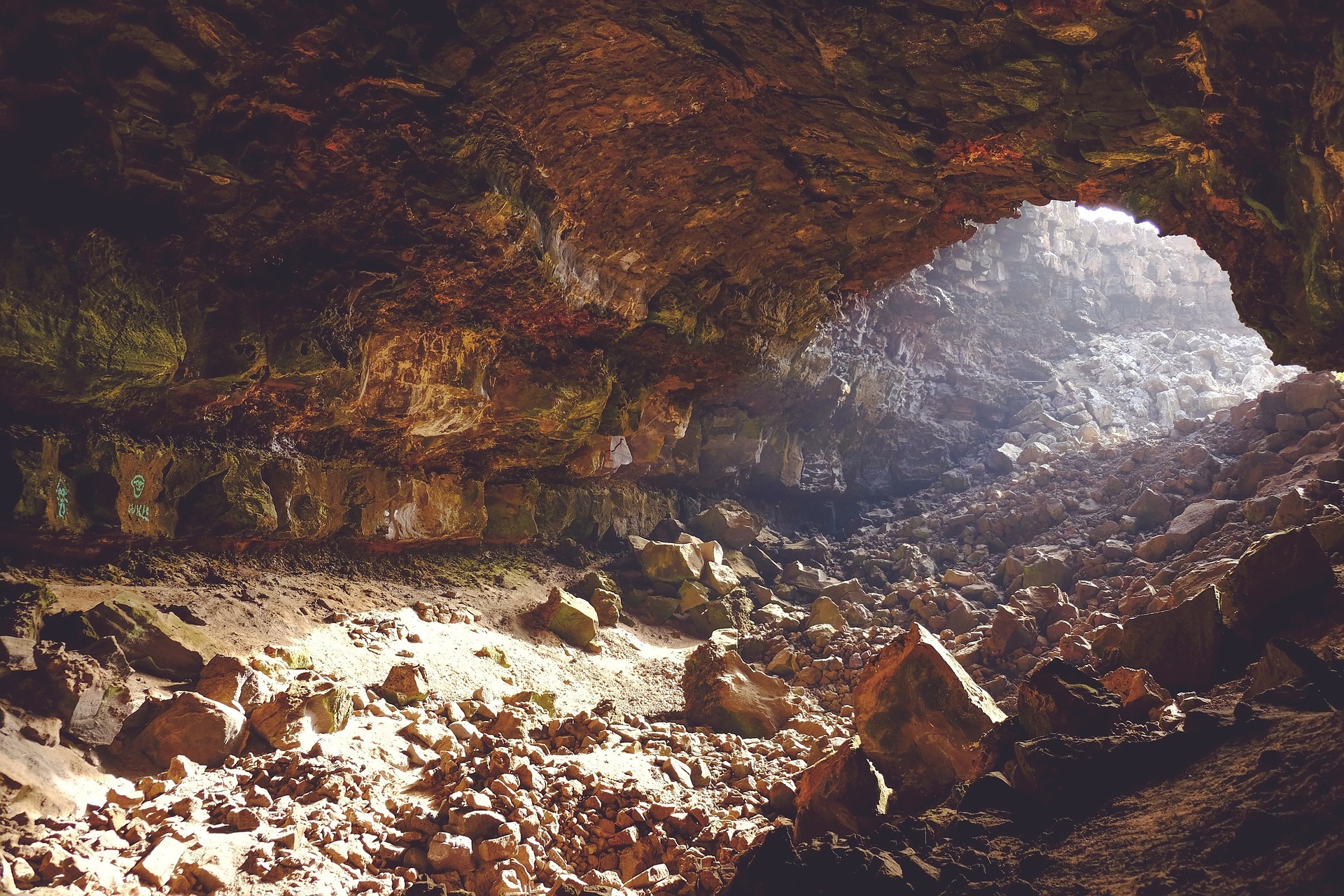
Scientists in Israel has announced that they found evidence that early humans deliberately stored food for them to eat later.
The scientists said that early humans conserved animal bones so that their fatty marrow would serve as food later. The researchers claimed that it is the earliest evidence that humans living between 200,000 and 420,000 years ago had the foresight to anticipate future needs.
Previously, early humans have been thought to be not capable of planning for future meals. The bone specimens were found by the researchers at the Qesem cave near Tel Aviv, Israel.
Cut marks were found on most of the bone surfaces, which were consistent with preservation and delayed consumption. They suggest that the marks could have come from efforts by the early humans to remove skin which had dried on bones which had been kept longer.
The discovered the cut marks on 78% of the over 80,000 animal bone specimens they were able to analyze.
Ran Barkai from Tel Aviv University said: "Bone marrow constitutes a significant source of nutrition and as such was long featured in the prehistoric diet. Until now, evidence has pointed to immediate consumption of marrow following the procurement and removal of soft tissues."
Professor Jordi Rosell of Spain's Universitat Rovira i Virgili pointed out that early humans hunted fallow deer, had the meat and fat removed on site but brought the limbs and skulls of their prey to the cave. He mentioned: "We found that the deer leg bones, specifically the metapodials, exhibited unique chopping marks on the shafts, which are not characteristic of the marks left from stripping fresh skin to fracture the bone and extract the marrow."
Conditions in the cave where simulated by the researchers and found that the one marrow would have remained nutritious for up to nine weeks after the animal had been killed.






